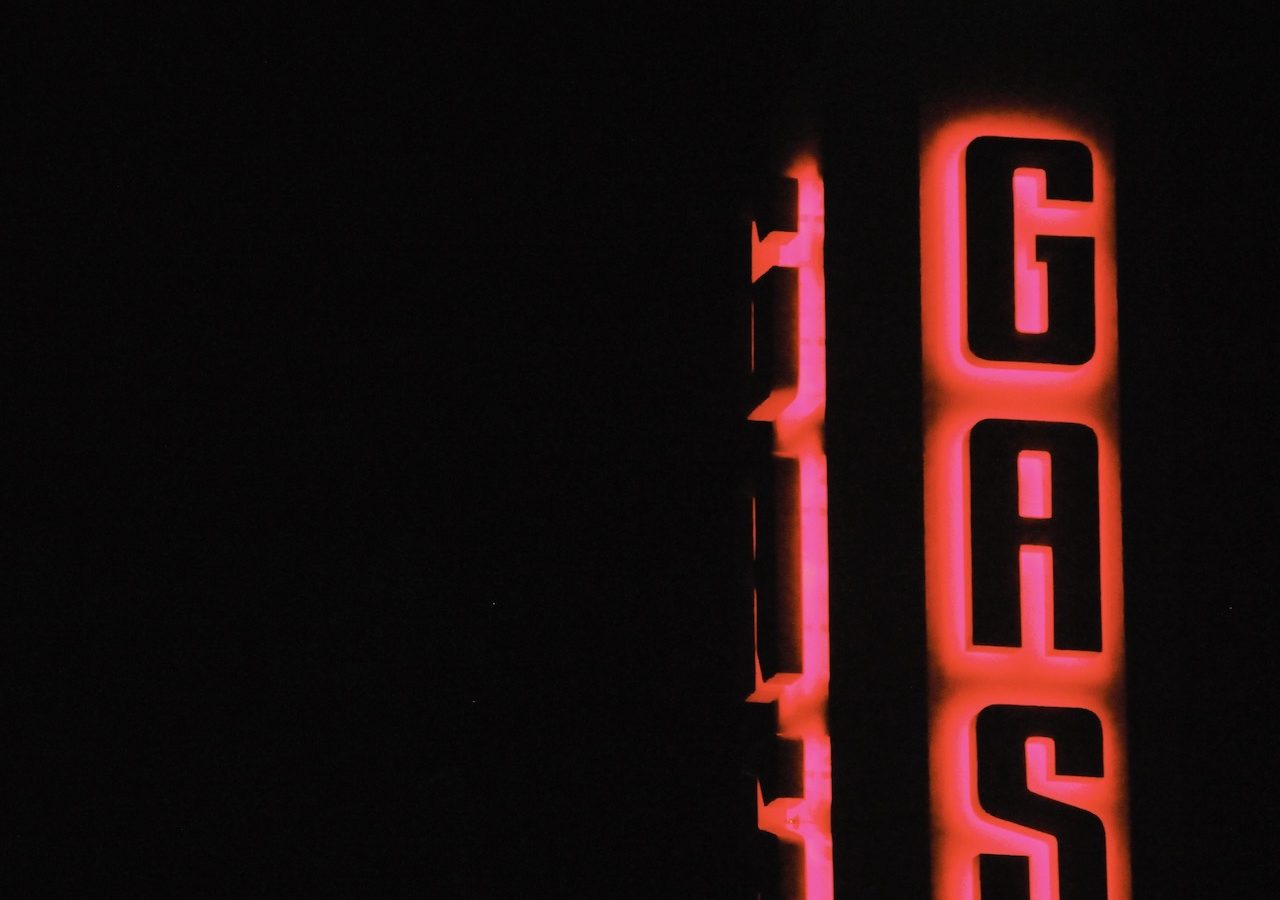Many people find themselves bloated from time to time, feeling discomfort and possibly pain after a heavy meal. However, for those that experience it on a daily basis it can also affect their mood and sense of self – many clients tell me that they look ‘six months’ pregnant’ by the end of the day.
The good news is that you don’t need to put up with it. There are steps, some of them quite simple, that can help. The key is to understand that bloating may well be down to one of two things – taking in too much air when eating, and fermentation of food in the gut by gas-producing bacteria.
Focus on how you eat
When it comes to our digestion, focusing on how, as well as what you eat can have a huge impact on how well foods are broken down, digested and excreted, with knock on effects on bloating and other digestive issues.
What do I mean? Sitting down at a table to eat, with no distractions, and concentrating on your food. Smell it, look at it, take some deep breaths, and then start eating. Slowly. Try putting down your knife and fork between mouthfuls to see if that helps to slow you down.
Chewing your food is key when it comes to good gut health. With proper chewing, you are mechanically breaking down the food into smaller pieces, so that there’s a greater surface area and the digestive enzymes can get to work more easily. Not only that, but by chewing slowly there is less possibility of gulping air at the same time, often a side effect of eating on the go or polishing off your lunch in under five minutes. And gulped air = bloating.
If you’re not chewing properly, it’s highly likely that you’re not digesting your food properly. And that means you won’t be absorbing vital nutrients either. Not chewing also means the food you eat takes much longer to break down, and, as it hangs around in your digestive system, it can start to ferment, causing bloating.
Don’t worry about chewing a certain number of times – that depends on what you are eating. Instead try this test: chew your food enough so that if someone asked you to spit it out, they wouldn’t know what you had been eating. Another sign you need to chew more is if you start to see undigested food in your stools.
Balance your stomach acid
Sales for heartburn tablets are skyrocketing because so many people wrongly assume that their digestive troubles are because of too much stomach acid. What nutritionists find more frequently in clinic is the total opposite! Getting older, stress and some over-the-counter medications can make your stomach acid levels drop to the extent that you don’t produce enough to digest food sufficiently.
Why is this important? The stomach acid you produce not only kills any bacteria in the food you are eating, it also breaks down the protein in your meal. If you’re not properly digesting the protein element in food, it can start to ferment, creating gases that force up the oesophageal sphincter muscle (a type of muscle flap) and what little stomach acid there is can escape. So that burning feeling, especially if accompanied by smelly gas, can be a sign your digestion isn’t working as well as it should be. If the food is left undigested for a period of tine, this gas will build up to cause bloating and flatulence.
One solution is to have a teaspoon of apple cider vinegar before each main meal. It’s important you choose apple cider vinegar with the ‘mother’. Try your local health food shop if you can’t find it in the supermarket.
There are people who genuinely produce too much stomach acid and, if you try the apple cider vinegar trick and it seems to make things worse, you can neutralise the acid by taking a little bicarbonate of soda.
Crowd out your gas-producing bacteria
By focusing on increasing levels of beneficial bacteria in your gut, you can slowly work on crowding out those that might be causing your bloating. There are a number of ways that you can feed the good guys – increasing the amount of plant-based foods you eat (download my 7 day challenge); focusing on including pre- and pro-biotic foods in your diet each day (read more here); adding oily fish to your diet; and cutting down on sugar and refined carbohydrates.
Walk it off
And finally, try taking a gentle walk after meals. Walking can help you digest your food better, according to research. It increases the speed at which the food moves through the digestive system and can help to break up any trapped air. With the bonus of adding to your daily step count and getting out in nature, a short post-prandial walk can also help increase overall mood.
I’d love to know if you find any of these tips work for you. If you’ve already tried some of them but feel that you need extra support, then let’s book in a free health review and work together to understand what is causing your symptoms.


 Salmon and asparagus quiche
Salmon and asparagus quiche